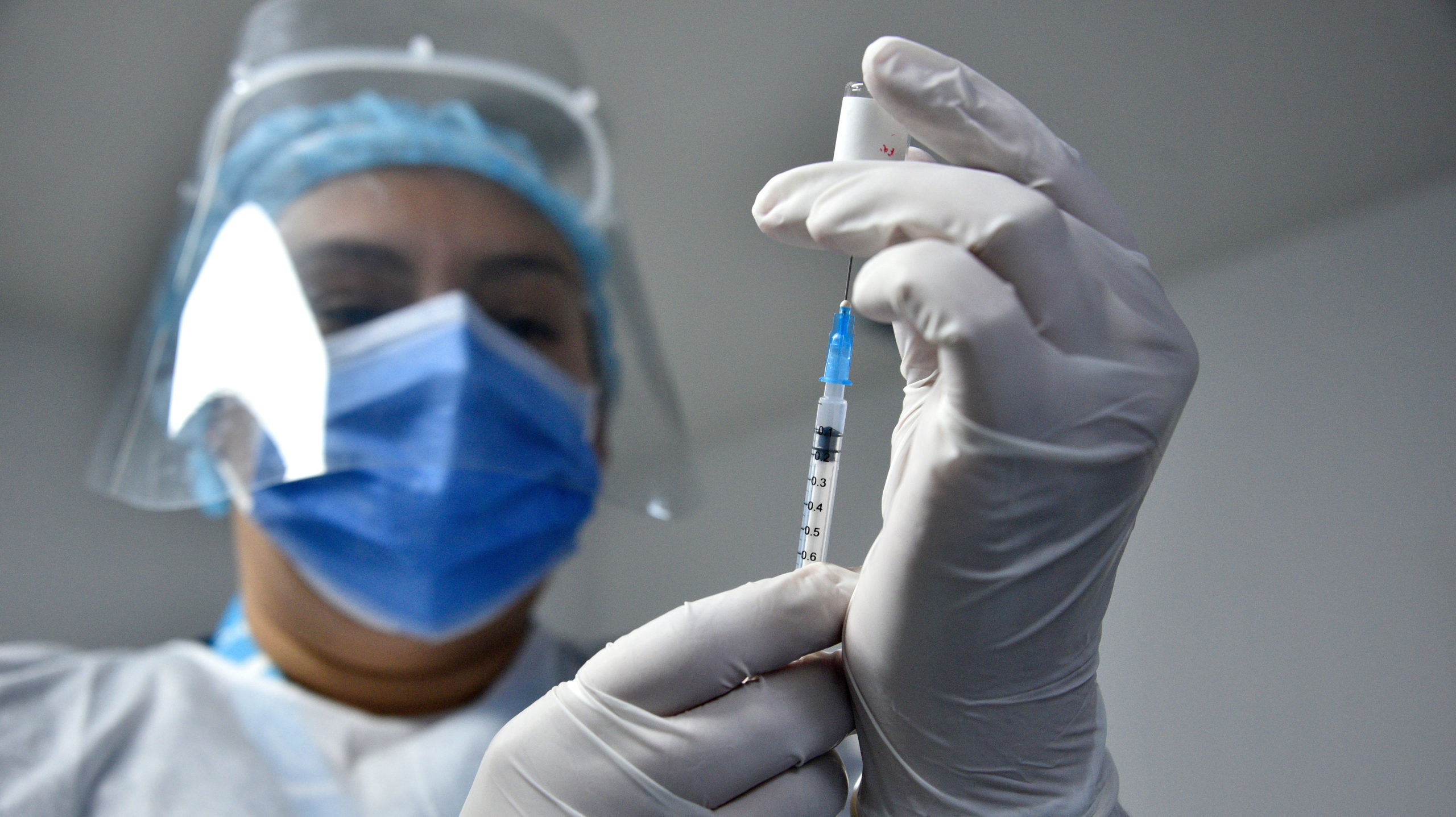-
chevron_right
Why Is ‘Herd Immunity’ Suddenly a Good Thing?
pubsub.dcentralisedmedia.com / LifehackerAustralia · Wednesday, 3 February, 2021 - 21:00 · 3 minutes
In the early days of the pandemic, there was an idea being thrown around that we should attempt to reach “herd immunity” as soon as possible. It was a terrible, horrible, no-good, very bad idea, because it amounted to giving up and letting millions of people die . And yet, now that we have a vaccine, herd immunity is suddenly a good thing. What gives?
In short, herd immunity from vaccination protects people from getting sick. Herd immunity from natural infection is what you get after you have failed to protect everybody from getting sick.
“Herd immunity” describes how the community protects people
Let’s talk about what herd immunity actually means. It’s also called “community immunity.”
If most people in a community are immune to a contagious disease, then the few individuals who are not immune are at a decreased risk of catching it. If nearly everybody in your city is immune to measles, for example — either from the vaccine or from surviving it as a child — then babies who are not yet old enough to get the MMR vaccine are protected simply because there aren’t many people around to be able to transmit measles to them.
Herd immunity is not perfect protection, but it means that there aren’t many people who are susceptible to the disease, and that those people are not likely to be in contact with each other. It would be very difficult for an outbreak to start in a community like this.
What’s Different About the Johnson & Johnson Vaccine?
Johnson & Johnson released numbers today from their phase 3 clinical trials (the last step before applying for emergency use authorisation) and it looks like there may soon be a third viable COVID-19 vaccine in the U.S.
Read moreHerd immunity is a goal of vaccination
Vaccinating one person protects that person; vaccinating most people protects vulnerable people throughout the community.
The definition of “most” will depend on how infectious the disease is. For measles, you’d need at least 92% of people to be immune. For COVID-19, one common estimate is that 70% of people need to be immune to reach herd immunity.
Herd immunity has kept diseases in check in the past. Smallpox vaccination campaigns resulted in smallpox being eradicated from the earth — the only human disease that has ever been fully eliminated. Measles still exists, but outbreaks in the U.S. quickly fizzle out thanks to our good vaccination coverage and aggressive contact tracing (although the pandemic has interfered with that work.)
Infection-derived herd immunity is not the same thing
In theory, it’s possible to achieve herd immunity through natural infection. But that’s not a smart plan for dealing with any lethal disease, for two reasons:
First, if there is no vaccine, we only achieve herd immunity after many, many people have gotten sick. If you were to have a community in which 70% of people are COVID-19 survivors, that means the community would have buried many of its residents, and many of those who remain would have long-term complications. (Never mind the collateral damage of an overwhelmed healthcare system and the economic consequences of an unchecked pandemic, which would have caused yet more death and misery.) Even if the remaining 30% are protected, it was at a horrifying cost.
Second, if the only way to gain immunity is to become infected yourself, there is no way to provide that immunity to new arrivals — like babies — without exposing them to all the dangers of the illness. Herd immunity without vaccination is temporary.
The reason vaccines are so valuable is because they give us immunity without requiring us to go through all the danger of getting sick. Herd immunity from natural infection is the result of a tragedy, while vaccines allow us to reach herd immunity safely.
The post Why Is ‘Herd Immunity’ Suddenly a Good Thing? appeared first on Lifehacker Australia .
